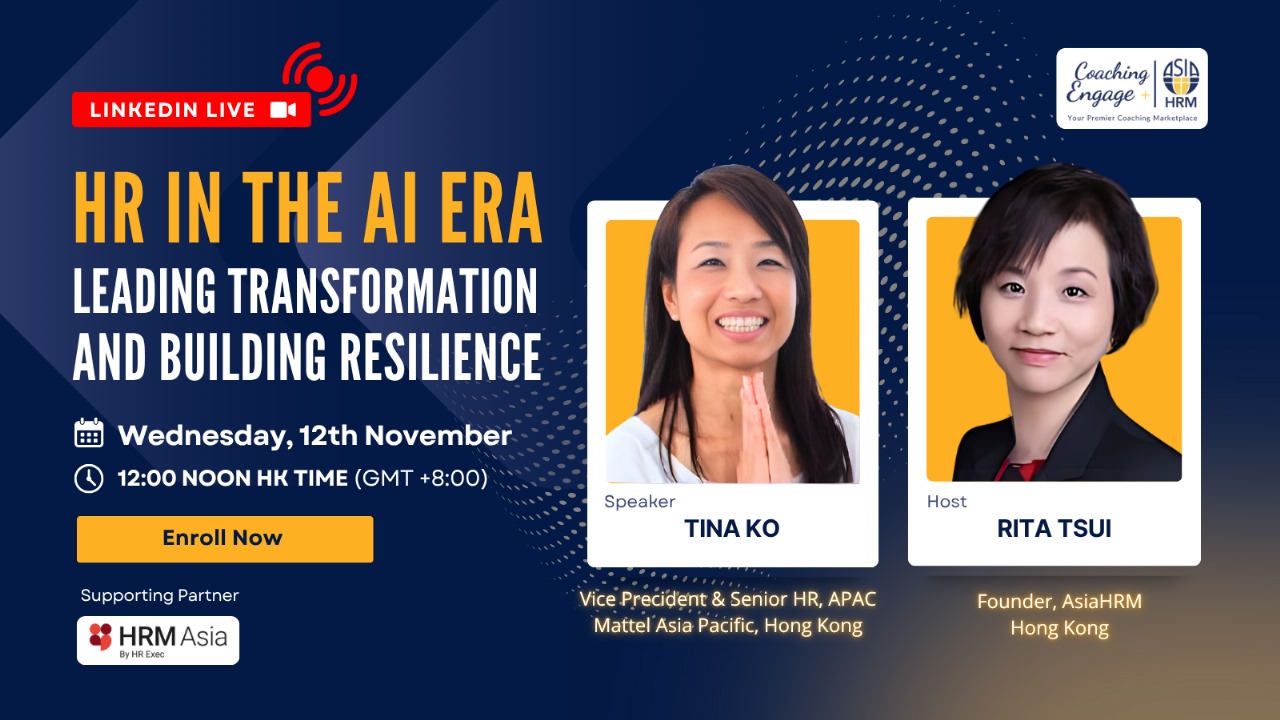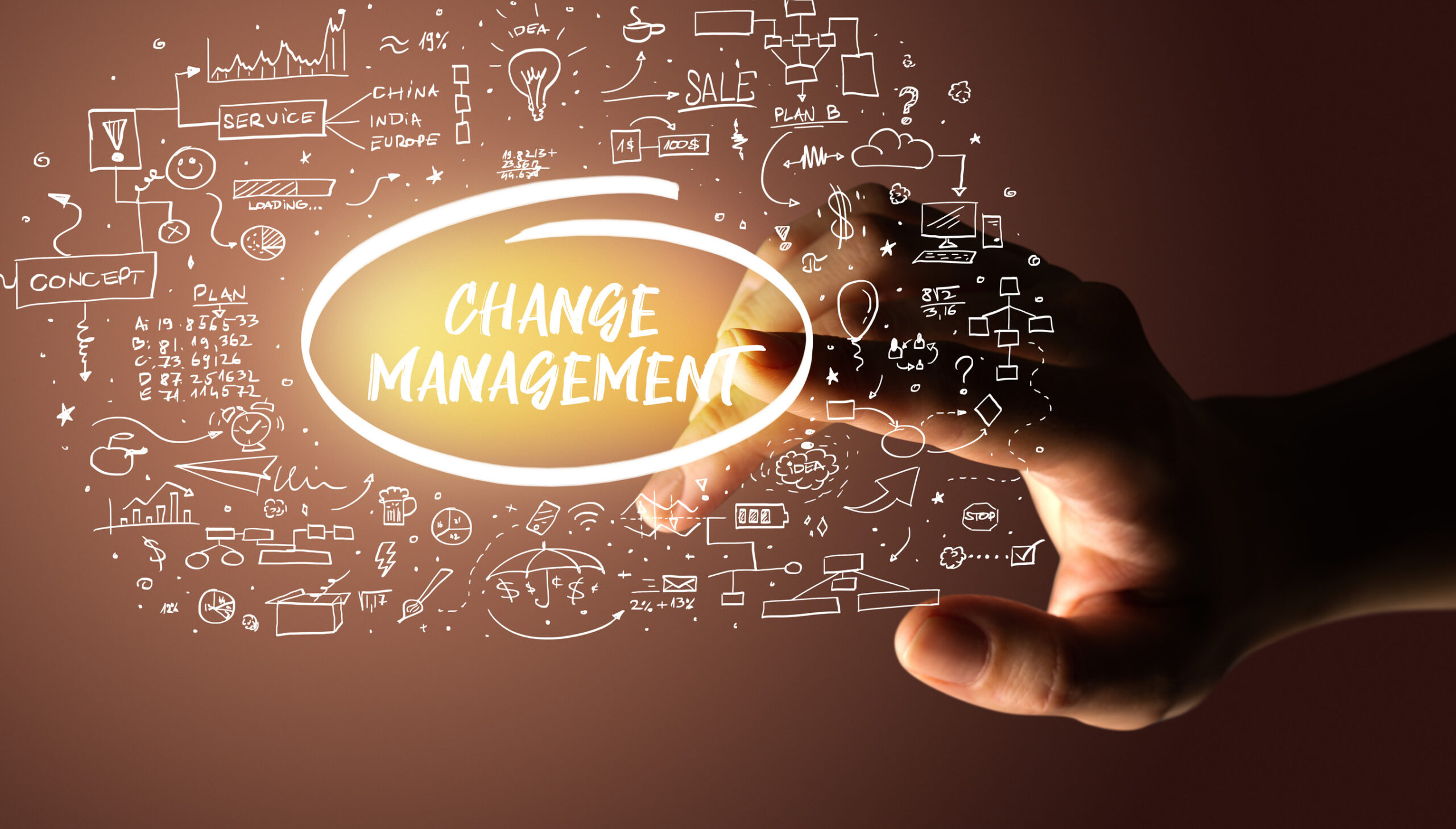2 Cents: Happy employees, happy company
- Shawn Liew

As the wave of tech layoffs continues to show no signs of abating in 2023, many employees are understandably jittery and on edge.
This is even though many organisations are, publicly at least, adamant that they are not planning to reduce headcount in 2023, hiring freezes notwithstanding. In the case of the latter, some organisations are essentially filling the gaps by asking employees to take on responsibilities and tasks beyond their job description.
And this is before we even start addressing the elephant in the room. According to a 2022 survey by UOB, almost half of employees in Singapore have returned to the office on a permanent basis. The problem with that statistic, however, is how it goes against what employees want, with 80% of employees preferring some form of flexible work arrangement.
Should it then, be a surprise that many employees are frustrated, disengaged, or simply suffering from burnout?
Organisations that fail to address the concerns and challenges faced by employees are at risk of losing their best talent. While many employees may fear losing their jobs in the face of a looming recession, employees who truly excel in their profession are not likely to hesitate to leave for a better opportunity, nor are they likely to be short of offers.
While people strategies will differ from organisation to organisation, the lack of meaningful communication is arguably the biggest contributor to the disconnect that exists between many organisations and their employees.
In the instance of employees asked to take on increased workloads, do they understand and accept that these represent opportunities for personal development and career growth within the organisation?
If the arrangement is a temporary one, what assurances are given to employees and are managers communicating to employees that their wellbeing will always take priority?
READ: 2 Cents: People-first approach a priority for HR in 2023
Where the return to office is concerned, it is perhaps understandable why some organisations want their employees to return to the office. Bob Iger, CEO of Disney, cited the importance of in-person collaboration as the reason for asking employees to be in the office four days a week.
Instead of mandating a return to office however, employers will do well to open lines of communication with employees and understand the reasons behind why they are reluctant to return to the office permanently.
As HRM Asia found out while speaking to organisations operating in the Asia-Pacific region earlier this year, a people-centric approach to flexible work wins buy-in because it addresses the concerns of employees and creates an environment for all employees to produce their best work for the organisation.
Unfortunately, some organisations seem to have taken a step back from the focus that was placed on employee wellbeing at the height of the pandemic. In today’s evolving world of world, decisions taken without consultation with employees, and which are contradictory to what they are looking for in their lives and careers, are arguably set up to fail.
Granted, there will be times when business leaders will have to make unpopular decisions, particularly during uncertain times. However, these decisions need not be detrimental to employee wellbeing and organisations’ ability to retain their best talent if they are accompanied by honest and open dialogue with employees.
If you are looking for more innovative and impactful ways to improve the employee experience in your organisation and maximise productivity, efficiency and ROI, HRM Asia invites you to join us at HR Tech Festival Asia 2023, Asia’s largest HR technology and workforce management event.
With the theme of Engage. Sustain. Thrive. Navigating The New Paradigm of People and Work, HR Tech Festival Asia 2023 is taking place at the Suntec Singapore Convention and Exhibition Centre from May 10-11.
To help organisations devise successful people strategies, HR Tech Festival Asia 2023 will take a deep dive into topics such as how HR technologies can enhance work productivity and employee welfare; how organisations can transform their L&D strategies to ramp up organisational performance; how organisations can improve work-life balance for their remote workforce; and how organisations can focus on the total wellbeing of their employees.
Join us in Singapore as we examine the new paradigm of people and work, and how organisations can benefit from how employees are continuing to change work.






